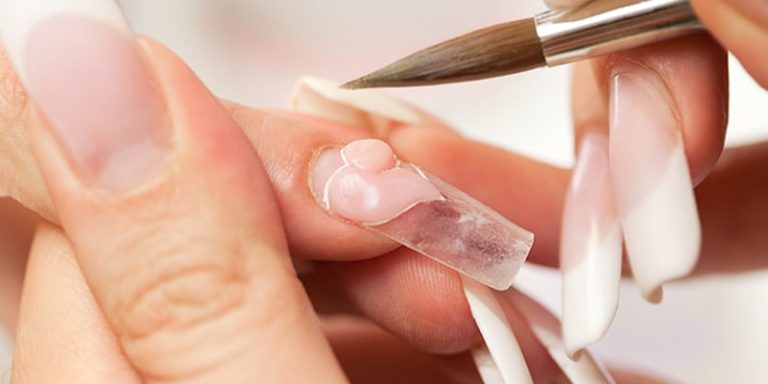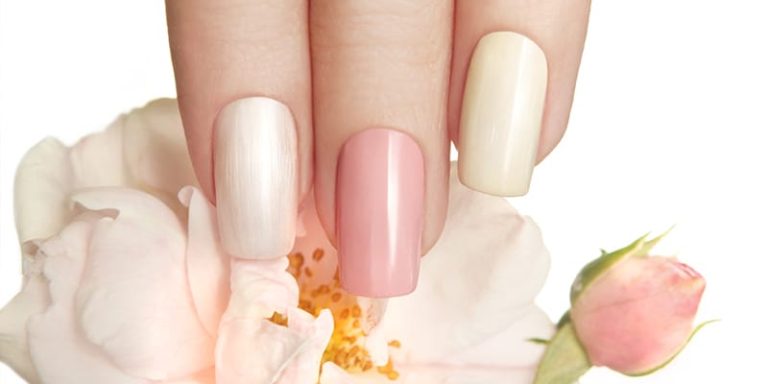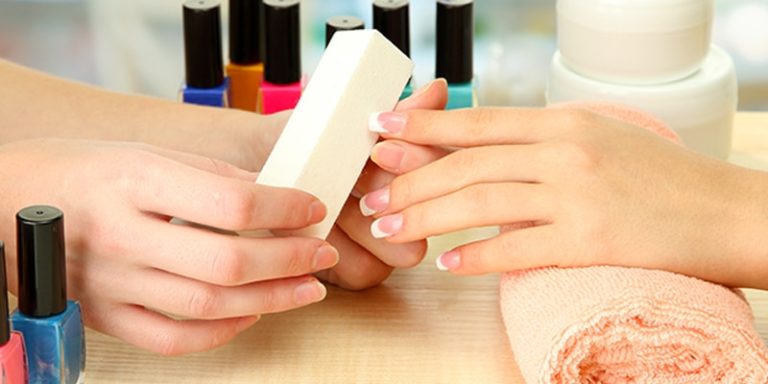Here are some potential health risks associated with acrylic nail fumes:
- Respiratory Irritation: Inhaling acrylic nail fumes can irritate the respiratory tract, leading to symptoms such as coughing, throat irritation, and shortness of breath. Individuals with asthma or other respiratory conditions may be particularly sensitive to these fumes.
- Allergic Reactions: Some people may develop allergic reactions to the chemicals present in acrylic nail products, such as redness, swelling, itching, or blistering of the skin around the nails. Prolonged exposure to these allergens can lead to chronic dermatitis or other skin conditions.
- Headaches and Dizziness: Breathing in high concentrations of acrylic nail fumes in poorly ventilated spaces can cause headaches, dizziness, nausea, and lightheadedness. These symptoms may indicate exposure to toxic chemicals and should not be ignored.
- Nail Technician Health Risks: Nail technicians who work with acrylic nails regularly may be at higher risk of developing respiratory issues, skin allergies, and other health problems due to prolonged exposure to fumes and chemical vapours in the salon environment.
To minimize the risks associated with acrylic nail fumes, both nail technicians and clients should follow these safety measures:
- Ensure proper ventilation in the salon by using exhaust fans, opening windows, or using air purifiers to remove chemical fumes from the air.
- Use protective equipment such as masks, gloves, and goggles to reduce direct exposure to fumes and chemicals.
- Work in well-ventilated areas or outdoors whenever possible to minimize exposure to fumes.
- Follow manufacturer instructions for acrylic nail products, including proper mixing ratios, application techniques, and curing times.
- Take regular breaks to allow for fresh air circulation and reduce continuous exposure to fumes.
- Consider using alternative nail products or techniques that produce fewer fumes, such as gel polish or dip powder nails.
Overall, while acrylic nail fumes can pose health risks if not managed properly, taking appropriate precautions and practising good ventilation and safety measures can help minimize these risks for both nail technicians and clients.
✨ Take the Next Step Today!
Ready to transform your passion into a profession?
Dive into a certified online beauty course and transform your love for beauty into real skills.
Turn you love of nails into a money making business with one of our outstanding online nail courses.
Enjoy alternative therapies why not become a massage therapist start a massage course today or any of our online therapy courses.
Whether you dream of becoming a pro or just want to master your own routine, the path starts now.
✨ Join Next Step Beauty today and explore your potential with any or our top-tier online training courses.
👉 Enroll Now | 💬 Contact Us | 📸 Follow@NextStepBeauty












